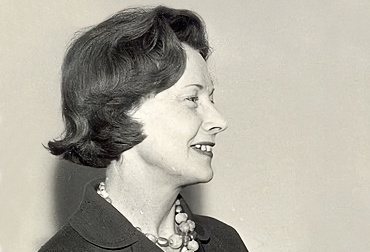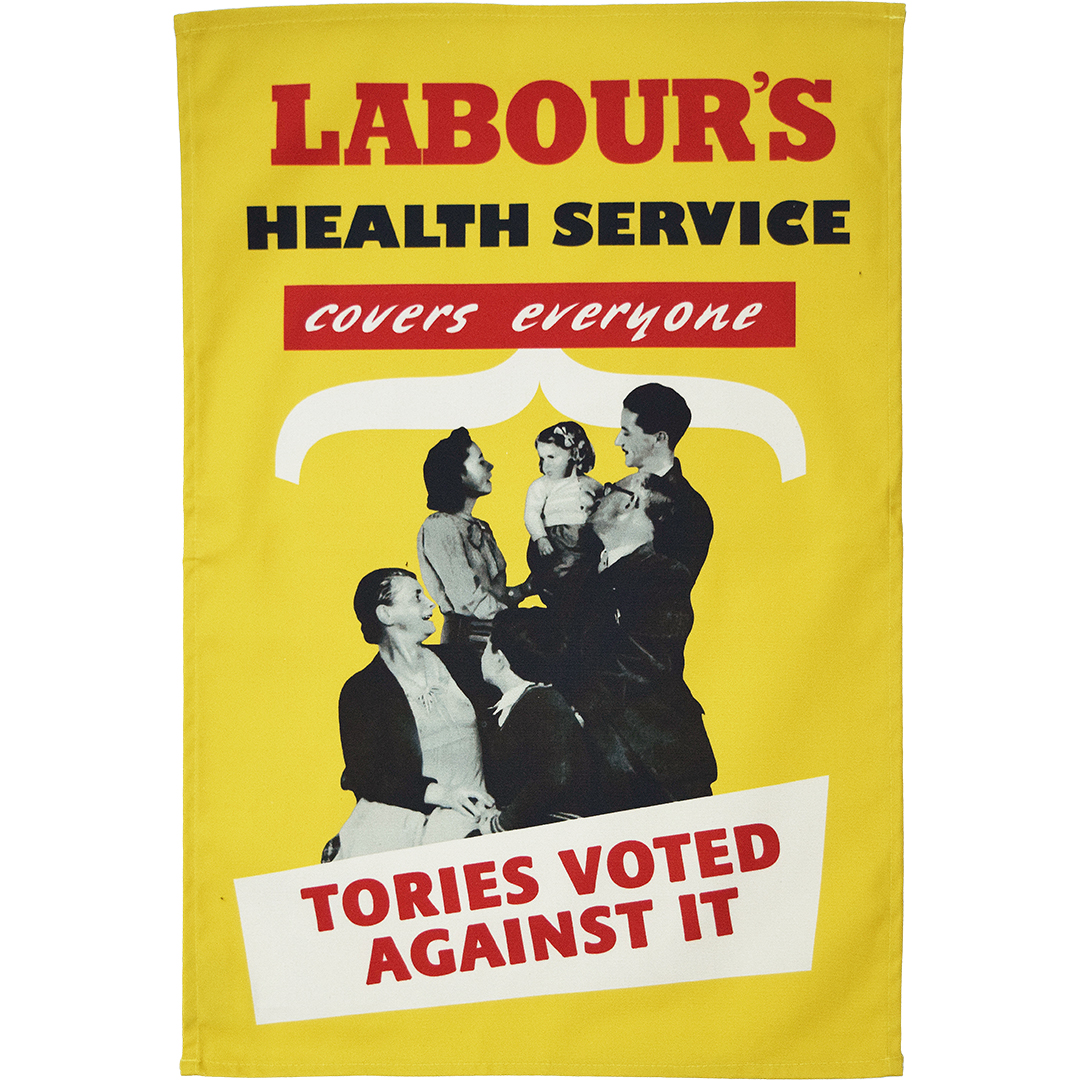We use cookies to make your experience better. To comply with the e-Privacy rules, we need to ask for your consent to use non-essential cookies (such as analytics and marketing). You can allow or decline these cookies. Essential cookies (for things like basket and checkout) will always be used. For more details, please see our Privacy Policy.
Barbara Castle: The Red Queen of British Politics

The radical life of Barbara Castle, born on this day in 1910...
On this day, the 6th of October, 1910, Barbara Anne Betts was born in Chesterfield.
It was the year of the
Black Friday police assault on suffragettes in Westminster. British women were still eight years away from even partial suffrage.
But Barbara Betts – later Barbara Castle – would grow up to be an MP, a cabinet minister, and one of the most influential politicians of the 20th century.
An MP from 1945 to 1979, Castle was one of the longest serving MPs in the history of the House of Commons
Click to view our new Barbara Castle tea towel
The early signs were promising. Her dad was a member of Keir Hardie’s Independent Labour Party and her mum, Annie, went on to be a Labour councillor in Bradford.
Barbara, meanwhile, was an intellectual prodigy. Best at her school, she went to study at Oxford at the end of the 1920s.
Already a committed socialist by the time she got to university, Betts was elected Treasurer of the Oxford Labour Club – the highest position a woman was allowed to hold back then.
Unsurprisingly, she resented much of the aristocratic snobbery of interwar Oxford, dismissing the university debating society as a mere “cadet class of the establishment.”
After Oxford, during the ominous 1930s, she dived into frontline politics. Fascism was on the rise in Europe, and Betts wasn’t the type to stay quiet.
Along with the likes of Nye Bevan, Ellen Wilkinson and Tony Benn, Barbara Castle was a giant of the Labour movement
Click to view our Labour Greats apron
Knowing that European fascism posed an existential threat to civilised life, she supported the left-wing ‘United Front’ campaign in Britain, advocating for an anti-fascist alliance between Labour and the Communist Party of Great Britain (CPGB).
When the Second World War broke out, Betts went to work as a senior civil servant in the Ministry of Food, as well as an air raid warden during the Blitz.
It was in July 1944 that she married the journalist Ted Castle and became Barbara Castle – the name she’s most famous under.
Her political career moved up a gear after the war: Castle was elected Labour MP for Blackburn in the 1945 General Election.
It wasn’t all easy sailing though: she almost wasn’t included on the candidate shortlist in Blackburn, but was saved when all the women in the local party threatened to quit if she wasn’t added.
Castle soon became an active member of Clement Attlee's radical government, as Permanent Private Secretary at the Board of Trade.
During the 1950s, as the Party began to divide Right from Left over domestic and foreign policy, Castle became a key ally of the left-wing giant Nye Bevan.
Castle was elected in the 1945 Labour landslide and worked closely with Nye Bevan, the architect of Labour's National Health Service
Click to view our Labour's Health Service tea towel
In a period when Britain was still the colonial overlord of a massive amount of territory in Africa and Asia, Castle was also a leading activist for colonial freedom.
She campaigned against the Apartheid regime of South Africa and exposed British crimes – concentration camps, torture, murder – in repressing the Mau Mau Uprising in Kenya.
In 1964, Labour was back in government under Harold Wilson. It would remain in power (except for four years in the early-1970s) until Thatcher.
Castle occupied a number of ministerial posts during this period, making her only the fourth woman to be a minister in British history. Two of her predecessors were the socialist giants Margaret Bondfield and 'Red Ellen' Wilkinson.
During her time in government, Castle pushed through a number of radical policies.
As Minister for Overseas Development (1964-65) she advocated interest-free aid loans to decolonised countries. At the Ministry of Transport (1965-68) she brought in speed limits and seatbelts, to keep the growing road network safe for drivers and passengers.
And as Secretary of State for Health and Social Services from 1974 to 1976, Castle brought in a raft of radical measures, not least the Child Benefit Act, which ensured child benefit would now be paid directly to the mother, rather than going through the father as Attlee’s government had mandated.
Of course, Castle’s government career had its fair share of scuffles: Harold Wilson made her lead his effort to reduce trade union power in the late 1960s, which did some lasting damage to her left-wing credentials.
But she also backed labour struggles from inside government, most famously the Ford sewing machinists strike of 1968 in Dagenham.
Women workers there were demanding equal pay with their male colleagues. Castle intervened to help them get a massive pay rise, and then got the Wilson government to pass the Equal Pay Act of 1970.
Hailed the ‘Red Queen’ by one biographer, Barbara Castle was no doubt one of the great socialist politicians of modern British history.
And that’s why, on her birthday, we’re celebrating her legacy with a brand new tea towel!






